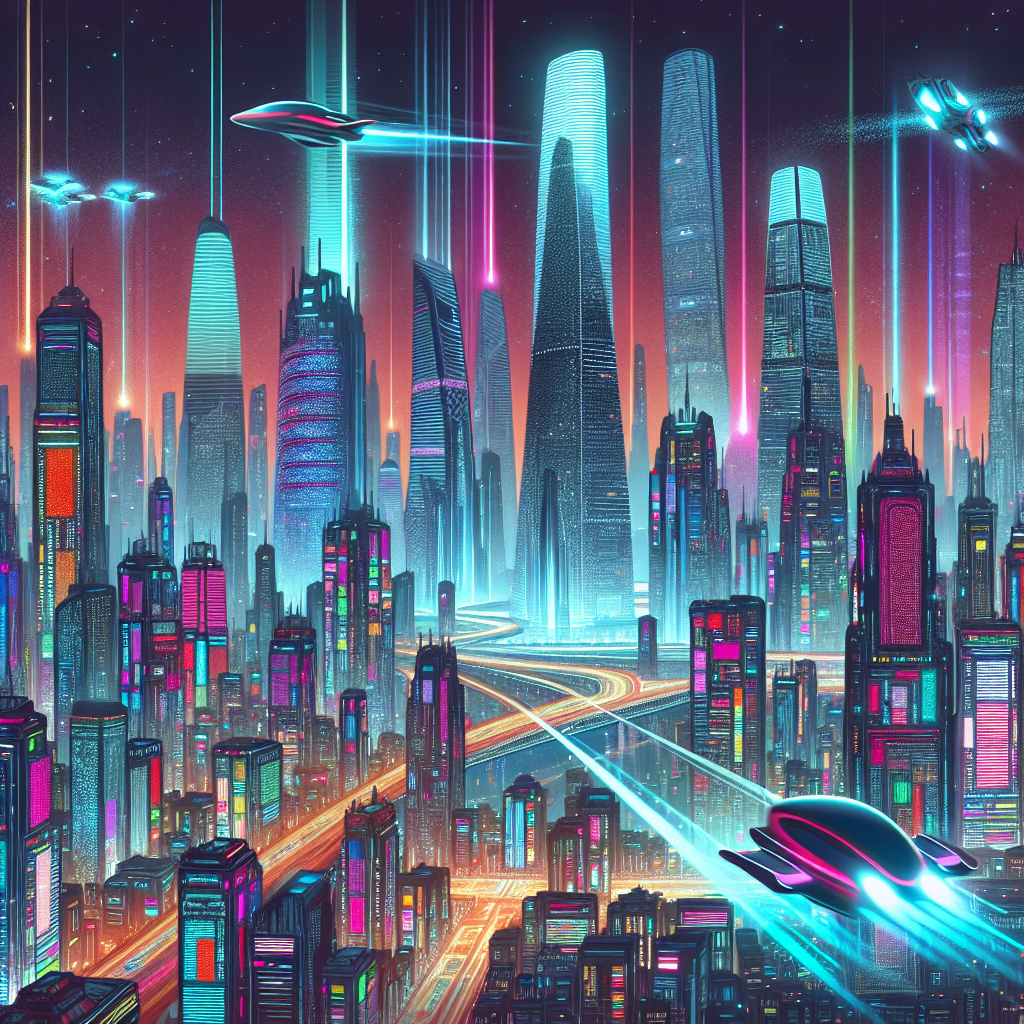AI News
Google's IO Keynote and the AI Landscape: A Critical Analysis

The recent Google IO keynote has generated considerable buzz, not least because it followed hot on the heels of OpenAI’s major announcements. While some might argue that OpenAI strategically timed their unveiling to overshadow Google's thunder, the real story lies in the content and implications of the announcements from these two tech titans. This article dives deep into the key highlights from the Google IO keynote, evaluates their significance, and compares them to OpenAI's offerings, with a bit more zest to keep things lively.
Gemini 1.5 Pro: Expanding the Context Window
One of the headline features from Google’s IO was the Gemini 1.5 Pro, boasting an impressive 1 million token context window. While this is undeniably a technological marvel, the real question is its practical performance. Reports suggest that it falls short when tasked with recalling information accurately over its vast range. The promise of extending this capacity to 2 million tokens for developers in the future adds an air of anticipation, but whether it can overcome its current limitations remains to be seen.
AI Overviews in Google Search
Google is rolling out AI overviews for its search engine, a feature designed to enhance the user experience by providing succinct and relevant summaries directly within search results. While the idea is promising, the execution has been hit-or-miss. Users often find themselves wanting an AI overview but not receiving one, suggesting that the implementation needs fine-tuning to truly revolutionize search experiences.
Google Photos and Workspace Labs Innovations
This summer, Google Photos will introduce an "Ask Photos" feature, allowing users to query their photo collections in more intuitive ways. Additionally, Gemini 1.5 Pro is set to enhance Workspace Labs, improving the summarization of emails and meetings—a welcome upgrade for productivity enthusiasts. Although these features are promising, they aren’t groundbreaking; similar functionalities have been explored by other platforms. The real test will be the effectiveness and user-friendliness of these integrations.
Vo: AI-Powered 1080p Video Generation
Arguably the most exciting announcement from Google’s IO is the introduction of Vo, a high-quality, 1080p AI-powered video generator. Vo aims to compete with OpenAI’s Sora, and initial impressions are mixed. The demo showcased AI-generated videos that were detailed and consistent but marred by compression issues typical of online video uploads. Despite these flaws, Vo represents a significant leap in AI video generation, capable of creating complex, long-duration videos from simple prompts.
To see for yourself, check out the demo video on Google's official page.
Multi-Step Reasoning and Video Understanding in Search
Google is also enhancing its search capabilities with multi-step reasoning for complex queries and video understanding to present more organized search results. This feature aims to tackle intricate problems and plan tasks effectively, setting a new standard for search engine functionality.
Polygemma and Future Integrations
Beyond Gemini, Google announced Polygemma, an open vision language model available now, with Gemma 2 set to launch next month. These models promise to enhance AI's ability to understand and generate language and images. Additionally, integrations with Android as an assistant and deeper connections within Google Workspace are on the horizon, emphasizing Google's commitment to embedding AI across its ecosystem.
Video Effects: Competing with LTX
Google also unveiled their Video Effects tool, accessible through their experimental labs. This feature allows users to create video clips from text prompts, complete with storyboard modes for scene-by-scene iteration and music addition—a direct competitor to LTX. However, LTX still seems to offer more comprehensive features, particularly in scene control and storyboarding.
A Competitive Landscape
The AI race between Google and OpenAI is heating up, with each company striving to outdo the other. Google’s latest efforts are ambitious and cover a wide range of applications, but the effectiveness and user adoption will determine their success. OpenAI's recent moves, including the introduction of a more human-like assistant with nuanced voice understanding and image comprehension capabilities, have set a high bar.
For further reading on AI developments, you might find this article on AI in media insightful.
Conclusion: A Balanced View
While Google's keynote did present some significant advancements, particularly in AI video generation and search capabilities, many of the features feel like incremental improvements rather than revolutionary changes. The most compelling reveal is arguably Vo, with its potential to redefine video creation. However, Google's offerings need to be compared to OpenAI's strong showing to understand their full impact comprehensively.
The future will reveal whether Google can refine these features to match or surpass the competition. Until then, users can look forward to exploring these new tools and seeing how they fit into the broader landscape of AI advancements.
By staying updated with tech blogs and watching keynotes like Google's, you can keep your finger on the pulse of these rapid advancements. If you’re interested in a more detailed breakdown, check out the original keynote coverage on YouTube.
In summary, Google's IO keynote has provided a glimpse into the future of AI-driven tools. While some features show promise, they must prove their worth in real-world applications to establish themselves as indispensable technologies in our daily lives.